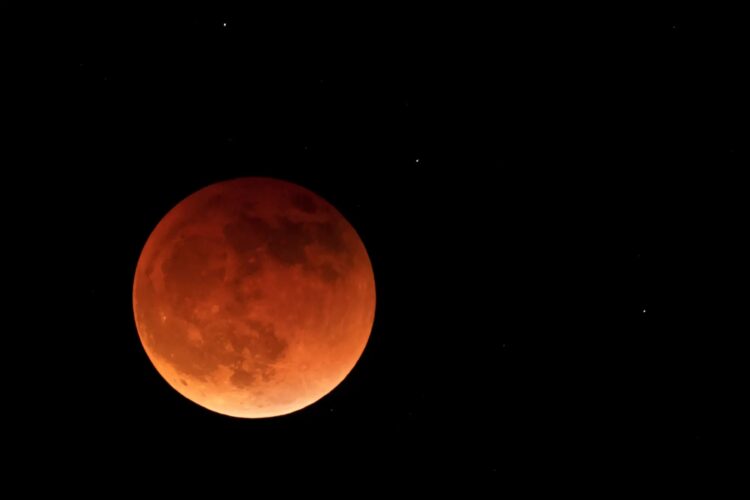
A private US spacecraft has successfully landed on the Moon, marking a major milestone in commercial space exploration. Firefly Aerospace’s Blue Ghost Mission 1 touched down near Mons Latreille in the Mare Crisium region at 3:34 AM US Eastern Time (0834 GMT) on Sunday, March 2, 2025.
The achievement makes Firefly Aerospace the second private company to complete a lunar landing—and the first to do so with the spacecraft remaining upright. “Y’all stuck the landing, we’re on the Moon,” an engineer at mission control in Austin, Texas, announced as the team erupted in cheers.
Unlike the first private lunar landing by Intuitive Machines in February 2024, which ended with the lander tipping over, Firefly’s CEO Jason Kim confirmed that Blue Ghost was “stable and upright.”
NASA-Industry Partnership Driving Moon Exploration
The mission is part of NASA’s collaboration with private companies to lower costs and support Artemis, the program designed to return astronauts to the Moon. The golden Blue Ghost lander, about the size of a hippopotamus, launched on January 15 aboard a SpaceX Falcon 9 rocket, sharing its ride with a Japanese lander set to attempt a Moon landing in May.
The spacecraft carries 10 scientific instruments, including a lunar soil analyzer, a radiation-tolerant computer, and an experiment testing whether existing global satellite navigation systems can be used for lunar exploration.
Designed to function for a full lunar day (14 Earth days), Blue Ghost is expected to capture high-definition images of a total solar eclipse on March 14. It will also observe the lunar sunset on March 16, studying how dust levitates above the surface under solar influence, a phenomenon first recorded by Apollo astronaut Eugene Cernan.
Upcoming Moon Landings and the Future of Private Space Missions
The next private lunar mission is set for March 6, when Intuitive Machines’ IM-2 lander, Athena, will attempt a landing at Mons Mouton. Unlike Blue Ghost, Athena is taller and slimmer, with a design aimed at improving stability after Intuitive Machines’ previous lander tipped over upon landing.
NASA’s $2.6 billion Commercial Lunar Payload Services program aims to make private Moon landings routine, reducing reliance on national space agencies. However, uncertainty looms over NASA’s Artemis program amid speculation that it may scale back lunar exploration in favor of prioritizing Mars missions—a key goal of former President Donald Trump and SpaceX founder Elon Musk.
For now, the success of Blue Ghost Mission 1 marks another step forward in the growing role of private companies in space exploration.








